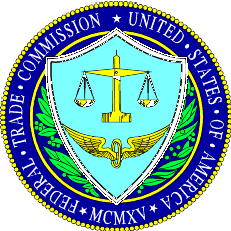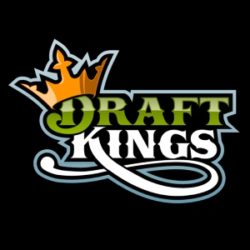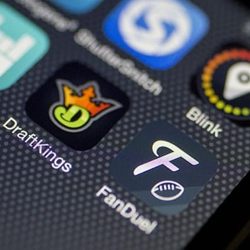DraftKings/FanDuel Merger Still Needs FTC Approval

DraftKings and FanDuel have spent hundreds of millions of dollars in an ad war against one another in the hope of becoming the number one daily fantasy sports betting site in the US. It seems that the leadership at both companies has now realized that that kind of spending just isn’t sustainable over the long term, and rather than continue the battle for American daily fantasy sports betting dollars, the companies have decided to merge. They announced their intentions last month, sending shock waves throughout the entire online gaming industry.
A United Front
It’s easy to see why the move makes sense for DraftKings and FanDuel, as by joining forces they can greatly reduce their advertising costs and focus on marketing as a untied front. But it’s certainly not time for the two companies to celebrate the move just yet. Before the merger can proceed, they need to obtain the approval of the Federal Trade Commission (FTC).
FTC Approval Needed
The Federal Trade Commission is currently reviewing the DraftKings and FanDuel deal, and some experts believe they will not green light it. After the merger, the newly formed company would be in control of 90 percent of the online daily fantasy sports betting market, making them a clear monopoly. It is therefore up to FanDuel and DraftKings to convince the Federal Trade Commission that their merger would not create a situation in which smaller companies could never compete.
Even though there is no question that the merger would create a monopoly, there is still hope that the Federal Trade Commission could green light the deal all the same. After all, the Federal Trade Commission allowed Universal Music Group and EMI to merge in 2012 due to the companies’ successfully arguing that they needed their combined revenues to stay afloat due to digital piracy concerns.
Pricing Key to FTC Decision
Likely, what the Federal Trade Commission will base their decision on is how a monopoly in the daily fantasy sports betting market would ultimately affect the product’s pricing. If they find that the new joint company could unfairly increase fees to a level that they would not have been able to as separate entities, the merger is unlikely to be approved; however, if the Federal Trade Commission finds that pricing will not be affected by the move and find the argument for a merger compelling, they are likely to give the green light after all.
Companies Face Uncertain Future
Should the Federal Trade Commission end up nixing the merger, the future of daily fantasy sports betting may be uncertain, as the companies cannot continue to battle each other for market share. Plus, both operators have had to invest large sums of money to obtain licensing in states and promote daily fantasy sports betting in order to encourage lawmakers to regulate rather than ban their sites. Still further funds have also been invested in defending this merger.
Will either company be able to remain financially viable on its own? It’s not clear. Without a merger, one or both companies could ultimately close, leading to a dramatic shrinkage of the daily fantasy sports betting market.
Market Turbulence
In the meantime, the daily fantasy sports market has been experiencing a turbulent time all on its own. When DraftKings and FanDuel first entered the market there seemed to be a bottomless pit of players lining up to play the game, but mirroring a trend in the online poker industry, it seems as though the initial enthusiasm of amateur players has dried up due to the realization that they can generally expect just low returns from their efforts. Case in point, regulators now require DFS companies to publish statistics on their site’s winners, and similar to online poker it appears that the top 1% of players account for around 32% of all entry fees, and 47% of total winning payouts.
In fact, the situation has got so bad that analysts forecast of an industry worth $18 billion by 2021 has been revised downwards to $5.3 billion. As a result, DraftKings and FanDuel has now started tailoring its advertising towards casual players, but they have a challenging time ahead of them, and as one casual player, Gurman Bhatti, commented recently:
“We aren’t smart enough to come up with the algorithms to do really, really well. But in the back of our minds, we have that little hope that maybe we’ll hit $50,000. The sharks, you can see them homing in on the small-time contests as well.. If that keeps happening, and the money dries up I don’t see why I would want to play.”










